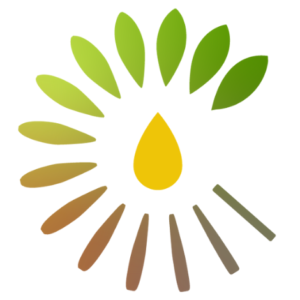Phy2Climate
A global approach for recovery of arable land through improved phytoremediation coupled with advanced liquid biofuel production and climate friendly copper smelting processes
Summary
Phy2Climate is a project funded by Horizon 2020 EU’s Research and Innovation programme, with the aim to combine clean biofuel production and phytoremediation solutions from contaminated lands worldwide.
The overall objective of H2020 Phy2Climate project is to build the bridge between the phytoremediation of contaminated sites with the production of clean drop-in biofuels. These biofuels will present no Land Use Change risks, thus the phytoremediation will de-contaminate lands from a vast variety of pollutants and make the restored lands available for agriculture, while improving the overall sustainability, legal frame and economics of the process.
In this way, Phy2Climate aims at significantly contributing to the Mission Innovation Challenge for sustainable biofuel production and to almost all UN Sustainable Development Goals.
The method of phytoremediation consists on the use of plants and their associated microbes to stabilize, degrade, volatilize and extract soil pollutants. While it is considered as a cost-effective and environmentally friendly method, there has been still no significant commercial application of phytoremediation and related produced crops.
The overall objective of H2020 Phy2Climate project is to build the bridge between the phytoremediation of contaminated sites with the production of clean drop-in biofuels. These biofuels will present no Land Use Change risks, thus the phytoremediation will de-contaminate lands from a vast variety of pollutants and make the restored lands available for agriculture, while improving the overall sustainability, legal frame and economics of the process.
In this way, Phy2Climate aims at significantly contributing to the Mission Innovation Challenge for sustainable biofuel production and to almost all UN Sustainable Development Goals.
The method of phytoremediation consists on the use of plants and their associated microbes to stabilize, degrade, volatilize and extract soil pollutants. While it is considered as a cost-effective and environmentally friendly method, there has been still no significant commercial application of phytoremediation and related produced crops.
Our Role
Leader for communication and dissemination
Client
European Commission – Horizon 2020
Years
2021 – 2025
Country
Europe

